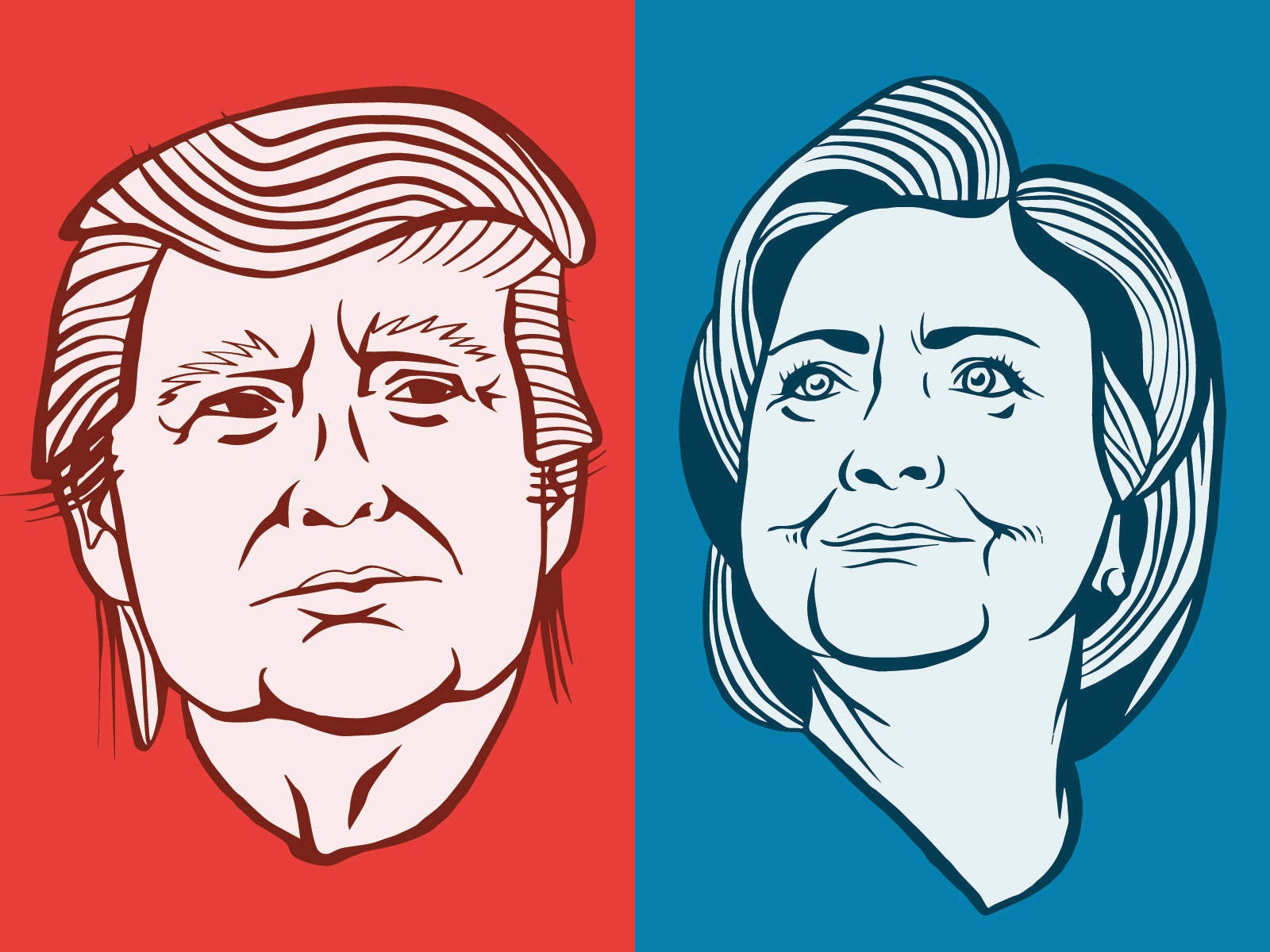
While many believe the unthinkable has happened with Donald Trump becoming the 45th president of the US, leaving some disillusioned about the future direction of the country, the US remains set to continue its rise as, potentially, the biggest offshore tax haven in the world.
The US presidential election outcome initially scared traders who feared a slump in the markets, but this has not taken place in any significant measure yet besides the Mexican peso tanking against the dollar. Trump’s shock win is also unlikely to slow down the growing number of wealthy individuals parking their money in the US, despite investors pulling out of risky assets.
It is to a large extent ironic that after enforcing stringent regulations across other countries to combat wealthy Americans hiding money offshore, it is the US that has seen a marked rise in offshore wealth over the last five years.
It is difficult to say whether a Hilary Clinton win would have dampened the infiltration of offshore wealth into the country. It was under the Barack Obama administration that the Foreign Account Tax Compliance Act, or FATCA, was implemented in 2010. This federal law that requires financial institutions to disclose details around foreign accounts held by US citizens to the IRS has imposes onerous reporting requirements on any bank with US clients, and has persuaded a number of firms to give up their clientele over the years.
FATCA-style restrictions have increasingly been adopted in Europe and elsewhere while the huge growth in tax information agreements (TIEs) has made tax evasion problematic. Several banks such as Credit Suisse, Standard Chartered and HSBC, to name a few, have faced steep penalties for failing to adhere to tax-related due diligence.
One of the primary reasons behind US’ rising popularity among the wealthy, however, is that it combines a safe-haven status while not having the stringent transparency requirements as European booking centres. While many of the global wealthy will look to move their wealth onshore, due to the impending deadline of the Common Reporting Standards starting 2017, the US is the only western country that has not signed up for it.
How well do you really know your competitors?
Access the most comprehensive Company Profiles on the market, powered by GlobalData. Save hours of research. Gain competitive edge.

Thank you!
Your download email will arrive shortly
Not ready to buy yet? Download a free sample
We are confident about the unique quality of our Company Profiles. However, we want you to make the most beneficial decision for your business, so we offer a free sample that you can download by submitting the below form
By GlobalDataThe rationale for using offshore structures is not always limited to tax evasion. Many global high net worth individuals (HNWIs) opt to keep their assets offshore to safeguard their wealth, especially if their domestic market is plighted with geopolitical uncertainty.
However, while jurisdictions such as Panama, Bahamas, British Virgin Islands and Switzerland have come under harsh spotlights and have had to imbibe a culture of transparency, US states Nevada, Wyoming, and South Dakota are notorious for their ‘flexible’ tax laws. Texas and Florida are, reportedly, similar. It is also extremely easy for the wealthy to create shell companies in the US.
According to a Financial Times article in May 2016, the city of Sioux Falls in South Dakota has become a “magnet for the ultra-wealthy” who set up trusts to protect their fortunes. According to the FT, the number of trust companies in South Dakota has risen from 20 in 2006 to 86 in 2016, and assets held among these trusts have grown from $32.8bn in 2006 to more than $226bn in 2014, according to the state’s division of banking.
Clinton and Trump had spoken about their potential tax policies during their election campaigns but they had both been equally criticised when it comes to Delaware in particular, with regard to the “Delaware loophole”, which relates to a building that has become popular for helping thousands of companies avoid millions of dollars in taxes. Both candidates, reportedly, have companies registered at this address but have refused to explain why.
The US has, so far, also been particularly attractive to Latin American HNWIs. Heike van den Hövel, senior analyst at Verdict Financial, told PBI that the US is particularly popular with Brazilian investors.
“Brazilian HNWIs hold 20% of their liquid wealth offshore, with local economic and political instability being the top reasons why wealthy investors channel funds offshore as the country continues to struggle with high levels of corruption, and its worst recession in 25 years. The main beneficiary of this trend is the US. It’s interesting to see that despite Brazil’s close proximity to offshore tax havens, only a negligible proportion is booked in the Caribbean, highlighting the fact that stability features more prominently than tax efficiency as a driver to invest offshore.”
However, time will tell if the Latin American investors will continue to hold money in US accounts considering Trump’s stand on immigration from the region, and the record number of Latinos in the US who voted for Clinton. Trump’s victory speech seems to have appeased markets in the short term but he has a lot to deliver on when it comes to deploying effective tax policies and closing existent loop-holes. Nothing in what Trump has announced or personally practiced so far points to a clampdown or vigilant approach towards offshore wealth entering the US.






